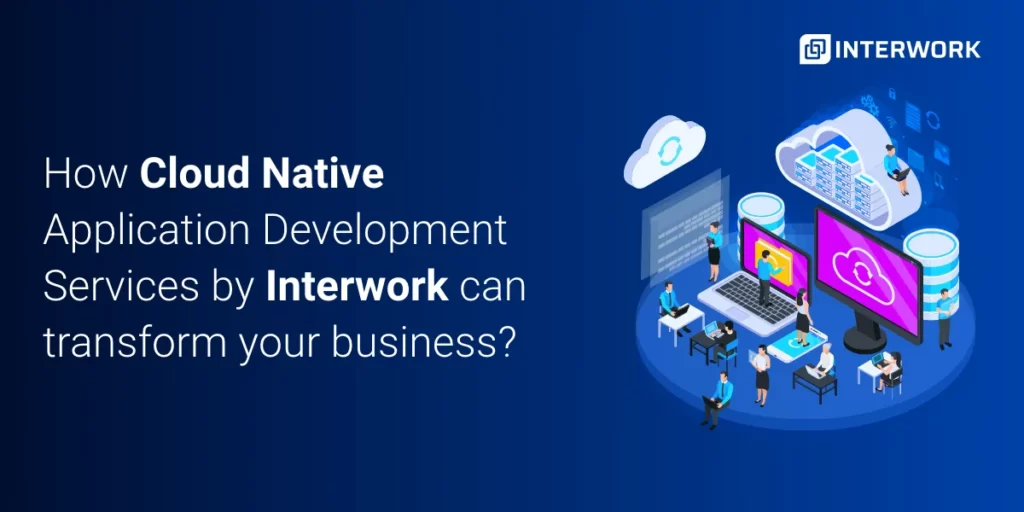How IoT and 5G Are Shaping Automotive Technology
The car manufacturing sector is altering the major trend in…

An application that is developed using the cloud-based technologies, while it is completely hosted as well as managed within the cloud, it is called cloud-native application. It is different from cloud-based in the way that while cloud-based are developed by re-architecting the cloud OS, cloud-native is developed within the cloud itself. It is executed in the cloud, which means it is written, tested, and deployed using technologies and services of cloud within the cloud.
There are some defining characteristics of cloud-native applications that set them apart making it easier to identify.
If you feel that you need a deeper insight into ‘what is Cloud-Native Applications’, you can get in touch with Interwork, where experts and professionals would be able to guide you appropriately.
There are many key attributes of cloud-native application and some are specifically favorable for the development of such applications. Let’s look at those.
Due to its scalable feature when it comes to size, the optimization of infrastructure utilization leads to its compact and lightweight packaging.
Developers are quite particular when it comes to choosing the best-of-the-breed languages and frameworks to outline every favorable aspect of the cloud-native application.
Developers find it easier to separate and develop each service within the functionality independent of each other to attain single-point focus while the development process is underway.
To carry out successful interaction, communication, and collaboration, developers use lightweight APIs like REST, NATS, etc. to ensure synchronization.
Cloud app development takes place in a way that they are not dependent on the server or OS type to successfully operate.
Other attributes include deployment on self-service, elastic, cloud infrastructure, DevOps management, automation capabilities, defined policy-driven resource allocation, and stateless and stateful services’ clean separation. Interwork is one such technological solutions innovator to provide you with each of these within a combined package of native application development.
Read Also: DevOps Consulting & Implementation Services
There might be a moment when you are doubtful about the development of native applications and you might not be sure why they are really important. Even after going through their attributes above, there are often confusing opinions. You can get all your doubts cleared away with Interwork as their professionals have years of experience in the field and can guide you in the right direction.
Let’s have a look at some of the reasons that clarify the need for cloud app development.
When you are free from the server and its infrastructural operations and management, then you have it quite easy once it’s all in the cloud.
One of the great features of native applications is their self-healing property. It has in-built fault tolerance and it automatically shifts to a different data centre when needed without hindering the user experience and downtime costs.
Due to the DevOps processes, the entire software delivery process from the building, testing, and deployment to others would be a breeze through.
When you are setting up the containers, you are reducing the infrastructure. At the same time, using cloud-native tools is cost-effective due to the open-source model. Add to it serverless computing and you got yourself a low-cost cloud app development solution.
The native application development process inculcates the importance of scaling. It ensures the app scales automatically as the business grows to make sure to keep the process going. Though you are charged for additional resources being used.
In case of additional resources, the whole process of allocation based on its policy needs to be worked on. But this is not the case for cloud app development. In this, manual allocation is not needed. This is a self-service type of process.
Combining every feature, attribute, and provision within the cloud-native applications and the development process, you can see how it will enhance user experience.
Therefore, when you have the option of developing your application in cloud-native, why would you be doubtful about it? It is the best option at the moment to take care of all your difficult situations and looking at its features, one cannot forego such ease of the process. So, let Interwork be your guide to introducing Cloud-Native Applications in your business.